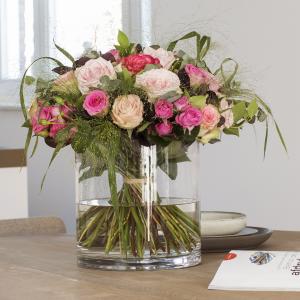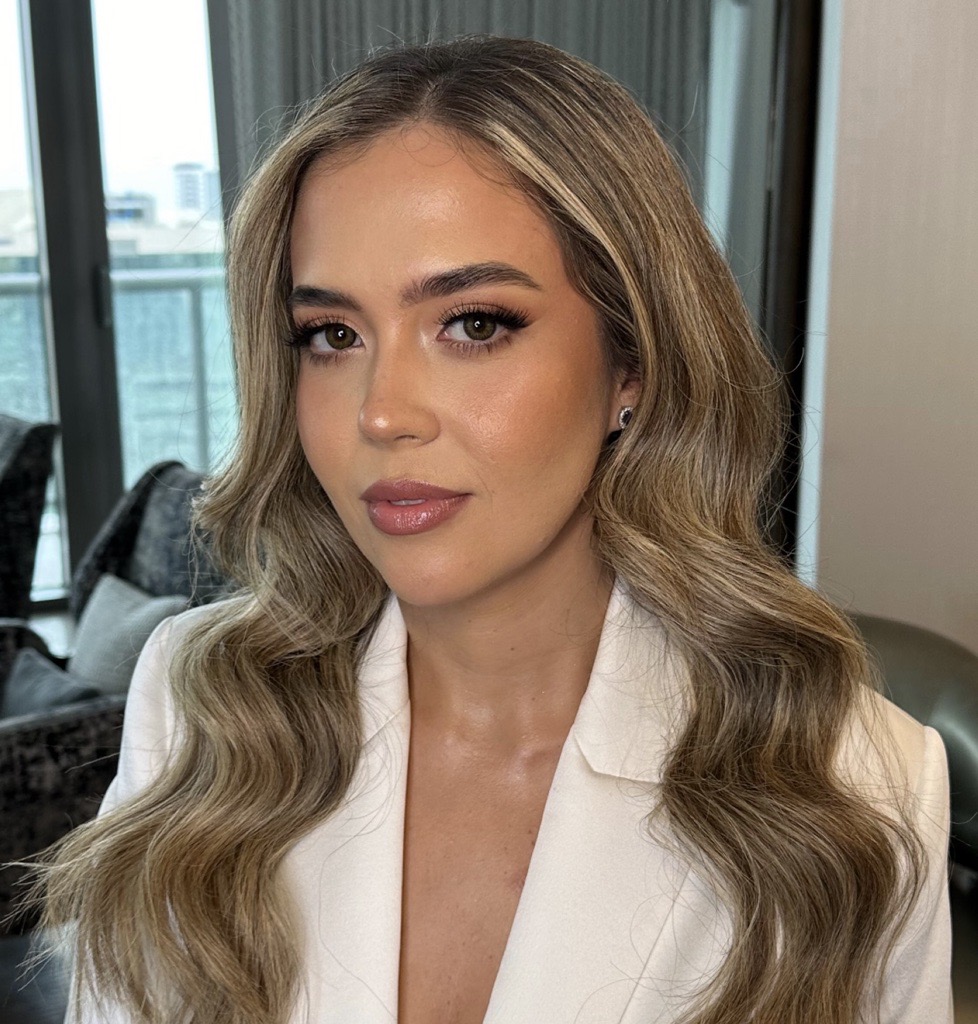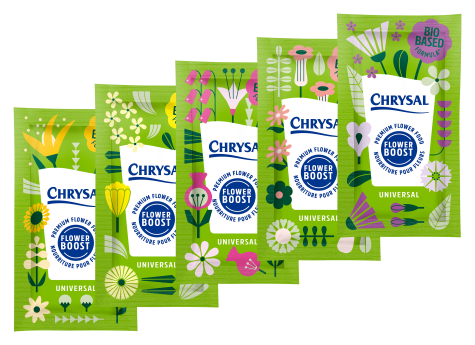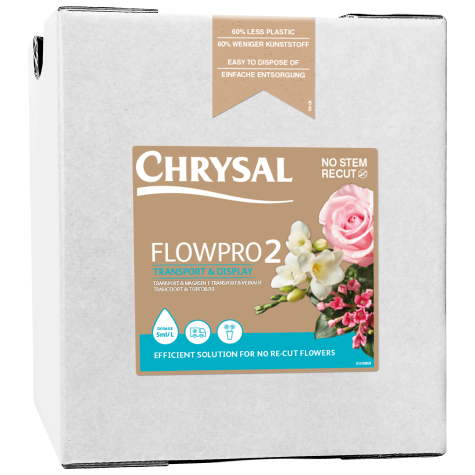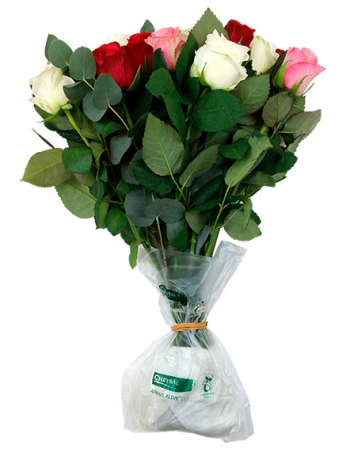Blooming with Purpose: How the Floral Industry Can Embrace Sustainability
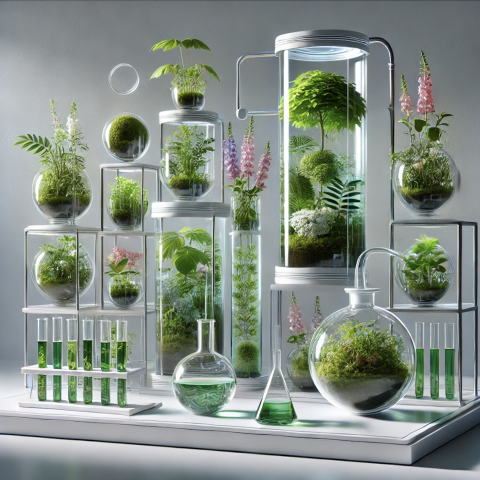
This is the first in our blog series designed to spotlight sustainable practices and product innovations across the floral supply chain — with tools, tips, and inspiration to support you every step of the way.
A New Bloom for Our Industry
Welcome to a space rooted in care, respect, and love for every part of the flower world — from the fields where the magic begins to the hands that transport, design, and sell these natural wonders. This blog is for you.
My goal is simple: to share ideas, tools, and best practices that help us grow together. And when I say “grow,” I don’t just mean numbers or efficiency (though those matter too) — I mean blossoming in a more conscious, respectful, and above all, sustainable way.
We’ve all heard the word sustainability — it’s everywhere. But sometimes, because it’s so familiar, we forget what it really means. So before we dive into how we can achieve it, let’s talk about what it truly represents.
What Does It Really Mean to Be Sustainable?
Sustainability isn’t a trend. It’s a mindset — a way of thinking, working, and planning that keeps one eye on today and the other on tomorrow. It’s about balance: between business goals and environmental responsibility, between growth and care.
Being sustainable doesn’t mean we stop growing, selling, or designing flowers. It means we do it better — with purpose, awareness, and heart.
Why does this matter for our industry? Because flowers are more than just beautiful. They’re symbols of life, joy, and connection. And they deserve a journey that reflects that — one that honors the planet, uplifts the people who work with them, and leaves behind a story as lovely as the petals themselves.
How Every Sector Can Help Create a Greener Floral Industry
No matter your role — grower, importer, wholesaler, florist, or supermarket — you’re part of a powerful chain. And every link in that chain can help build a more sustainable future. Here are some ways to make a real difference:
Growers
Start with the soil. Many growers are already leading the way by using efficient irrigation systems like drip or rainwater harvesting, natural pest control with beneficial insects, and organic or slow-release fertilizers. Certifications such as Rainforest Alliance or Florverde promote transparency. Reducing single-use plastics in greenhouses and packaging is another strong step forward.
Transporters & Importers
Emissions don’t have to be inevitable. Optimize delivery routes to save fuel and time. Use electric or energy-efficient vehicles when possible. Choose lightweight, recyclable packaging. Maintain the cold chain to avoid spoilage. And train your team in both energy-saving practices and proper flower handling.
Wholesalers
You’re the bridge between growers and designers. Be transparent about flower origins and highlight certified products. Use solutions like Chrysal Professional 2 Double Concentrate or FlowPro 2 to extend vase life and reduce waste. Recycle packaging like boxes and sleeves. Offer guidance on sustainable floral care and stock products that are as gentle on the planet as they are effective.
Florists & Designers
As the final touchpoint with consumers, florists are natural educators. Inspire change by using sustainable tools like chicken wire, floral frogs or kenzans, and compressed moss. Reuse vases and mechanics. Prioritize seasonal and local blooms. opt for eco-friendly flower food and hydration solutions. Teach clients how to care for their flowers — and where those flowers come from.
Supermarkets
As high-volume floral retailers, supermarkets have enormous potential to drive sustainable change. Every stem on the shelf is an opportunity to promote more conscious consumption.
Start by partnering with suppliers who prioritize sustainability — and display certifications clearly to inform and inspire your customers.
Use Chrysal Bio-Based Flower Food Sachets, which combine 99% natural ingredients with recyclable packaging, offering a more eco-friendly option for in-store bouquets. Incorporate solutions like Professional 2 or Chrysal T-Bags, which not only extend flower life but also allow for water reuse and reduce waste in the vase section.
Train staff on basic flower care to reduce shrink, and implement in-store recycling for sleeves, boxes, and transport materials. Optimize logistics by consolidating deliveries and reducing unnecessary emissions.
A well-cared-for flower not only lasts longer — it builds customer trust and loyalty while helping the planet.
Real Tools for Real Impact: Chrysal’s Sustainable Line
Ideas are powerful, but real change requires the right tools. That’s why I’m such a fan of Chrysal’s innovative products — designed to support every step of the floral journey, combining beauty with responsibility.
Professional 2 Double Concentrate / FlowPro 2 Bag-in-Box
Prolongs vase life for up to 7 days, enables water reuse, and reduces plastic waste through a compact, concentrated format.
Paper Recyclable Sachet
A plastic-free, totally chlorine-free (TCF) flower food sachet made from recyclable paper. Disposed of with paper waste and designed to support a circular economy.
Bio-Based + PP Sachet
A breakthrough combining 99% bio-based flower food with recyclable PP packaging. Lower environmental impact with consistent flower care.
Universal Flower Food PP Sachet
Ideal for wholesalers, this sachet extends vase life, reduces shrinkage, and uses recyclable plastic to minimize environmental footprint.
Chrysal Arrive Alive® Eco
Maintains hydration in transit for 3–5 days. It's a 100% compostable wrap that supports greener logistics by reducing waste.
A Real-Life Example: Wildflower Stem & Sundry
One company leading the way is Wildflower Stem & Sundry, based in Maryland. Malia Russo, Design Operations Manager, and her son Vincent Russo, Event & Floral Operations Associate, are proving that sustainability is not only possible — it’s inspiring.
Floral Composting
Organic waste is composted, turning stems and petals into nutrient-rich soil for local gardens.
Smart Flower Processing
With the FlowPro 2 system, they’ve reduced water use, energy consumption, and waste.
Reusing & Recycling Materials
Boxes and packaging are repurposed or properly recycled.
Supporting Local Makers
Their shop features regional products like candles, chocolates, and soaps to reduce the carbon footprint and support community businesses.
Their philosophy is clear:
“If we want a future for this industry, we must start by caring for the environment that makes it possible.”
Closing the Loop, Opening New Possibilities
Sustainability in the flower industry doesn’t have to be overwhelming. It starts with small actions — composting stems, reusing materials, choosing smarter products like those from Chrysal — and it grows from there.
This isn’t about sacrifice. It’s about building something better: for our businesses, our planet, and the generations to come.
Let’s keep blooming together. Let’s keep learning, sharing, and innovating.
Because making flowers more sustainable isn’t just possible — it’s essential.
Quick Start for Sustainability
Choose one new practice this month — whether it’s switching to recyclable sachets or rethinking the materials you use to support your arrangements — and invite your team or customers to do the same. Small steps. Big impact.
Prefer a Printable Version?
If you’d like to keep this article handy or share it with your team, click here to download the PDF version.
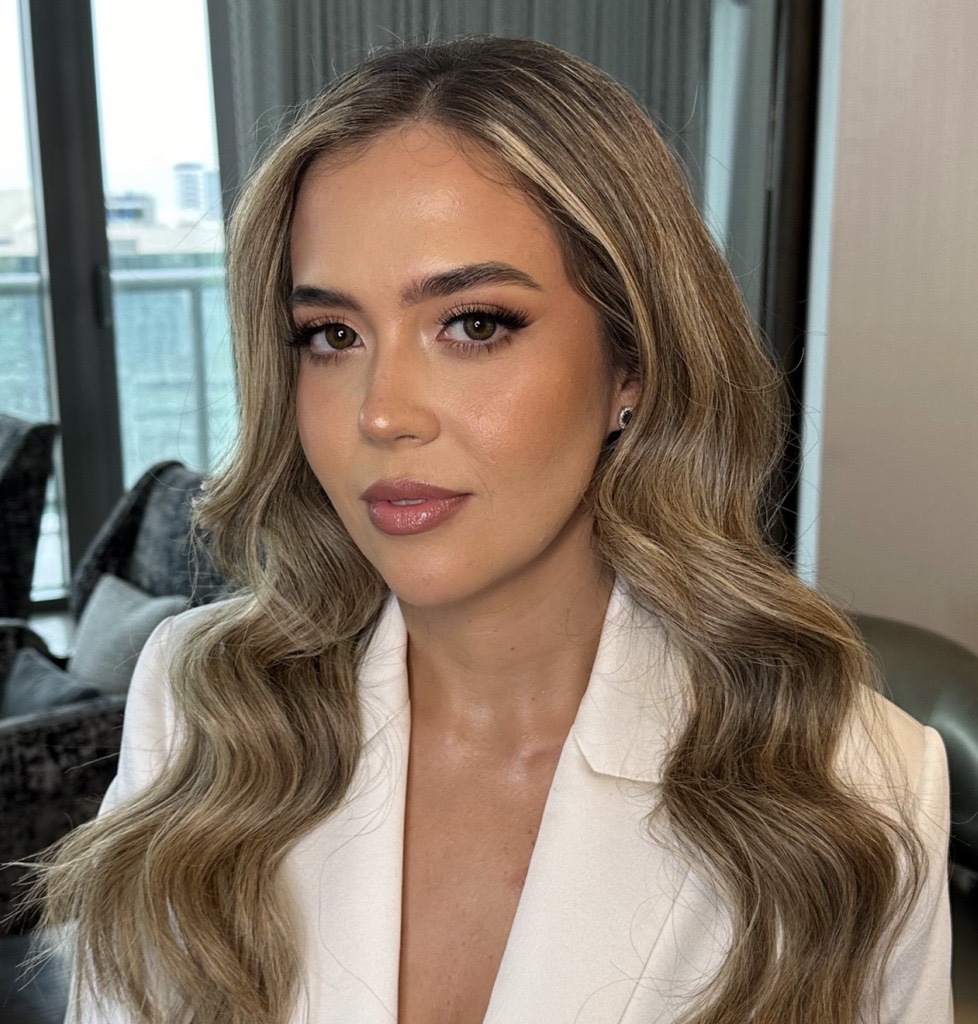
Valentina Armellini - North America Account Manager - Chrysal Americas
She holds a degree in Marketing and Communications from the University of Westminster, where she focused on integrating sustainability into business models. Originally from Colombia, Valentina has lived in Spain, France, and now the U.S., gaining multicultural insights into sustainable practices.
With over four years in the flower and plant industry, she blends strategic thinking with a genuine love for nature. For her, sustainability is more than a trend — it’s a way of life, and she’s dedicated to helping others in the floral world make meaningful, lasting changes.
Recent articles
